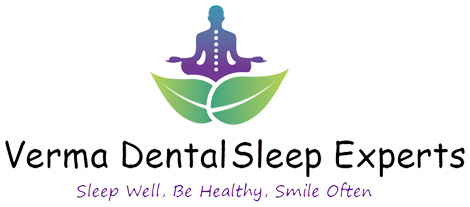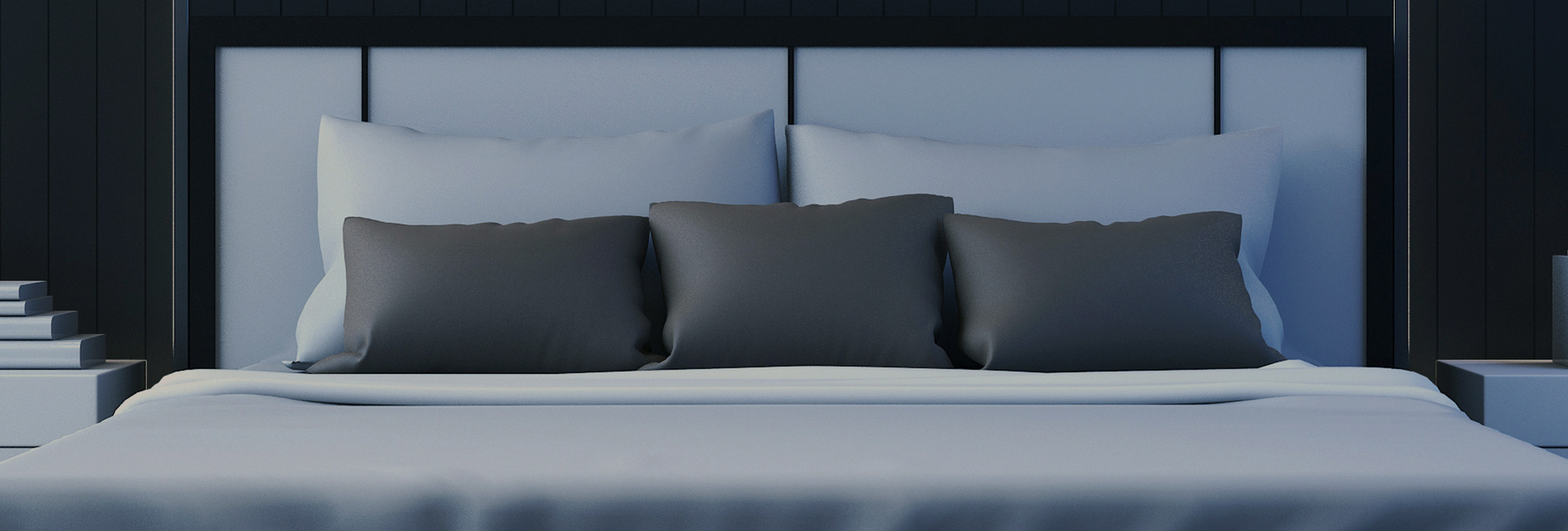
CPAP Not Working
If you’ve tried a CPAP and given up on it, you’re not alone. These devices may be the gold standard of sleep apnea treatment, but they only work when people use them, and a great majority of patients don’t.
The common aversion to CPAP devices is understandable, as this treatment option is associated with several shortcomings. However, patients are putting their health at risk when they abandon their CPAPs with no alternative. Fortunately, these patients can turn to oral appliance therapy instead.
We encourage anyone who has struggled with a CPAP – or isn’t interested in even trying one in the first place – to visit our office for a sleep apnea consultation to see if oral appliance therapy might be right for you.
- No noise from machines or in-mask breathing
- Easy to clean
- Small and portable
- Convenient for travel
- No electricity required
- Comfortable and easy to use
- Reduce or prevent bruxism (grinding)
- No hoses to get tangled in during sleep
- No mask to cause skin irritations
- No feelings of claustrophobia
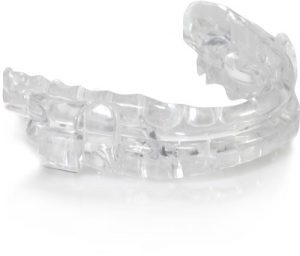
The Many Disadvantages of CPAP
CPAP therapy keeps a sleep apnea patient’s airway open by forcing air into the airway via a mask and tubing that is connected to a compressor. While highly effective, CPAP also generates many complaints from patients. These are some of the most common ones:
- The CPAP mask is uncomfortable and interferes with sleep itself.
- The CPAP mask triggers anxiety and even symptoms of claustrophobia.
- The patient’s bedroom can’t be arranged to put the CPAP machine near an outlet.
- Traveling with a CPAP is inconvenient and requires a lot of planning and preparation.
Given all of these barriers associated with CPAP, it’s not surprising that so many patients decide to abandon this intervention. Unfortunately, they may not realize that there are options available that better meet their needs.
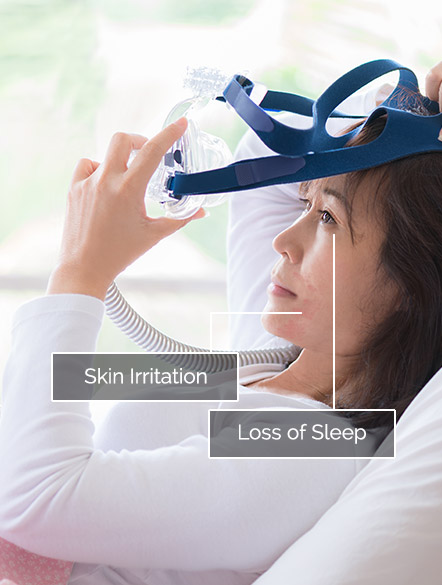
The Consequences of Untreated Sleep Apnea
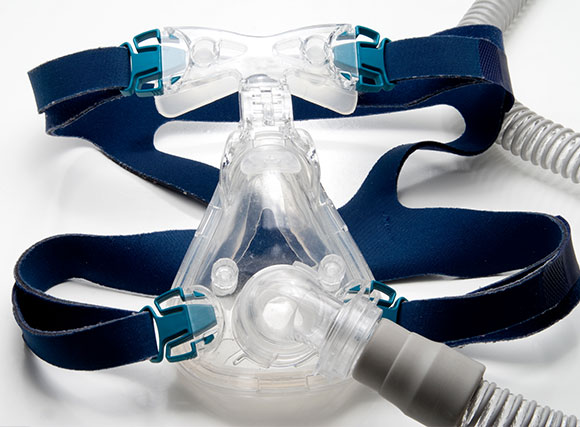
If you decide that the CPAP isn’t right for you and fail to explore alternative interventions that can help address your sleep apnea, you may be putting your health at risk. Sleep apnea is correlated with various health risks, including:
- High blood pressure
- Stroke
- Obesity
- Depression
- Cognitive impairments
- Sexual dysfunction
Some research has even demonstrated that people with untreated sleep apnea face a higher risk of sudden unexpected death than typical sleepers do. As such, it is essential to get treatment for this condition.

Hate traveling with CPAP?
Added Stress
Whether it’s for vacation or work, travel can be stressful. Traveling with a CPAP machine is an added inconvenience. The additional weight of the machine and getting through security checkpoints can make traveling with a CPAP frustrating.
Added Challenges
Plus, once you arrive at your destination you’ll need to find distilled or deionized water for your humidifier. Then hope there’s an electrical outlet close to your bed. And, if traveling internationally, you’ll need the correct adapter.
Added Failure
Traveling during inclement weather or to remote surroundings can lead to problems with power reliability. These scenarios require you to choose between carrying a back-up battery or going without your treatment. This also contributes to higher failure or non-compliance rates.
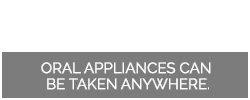
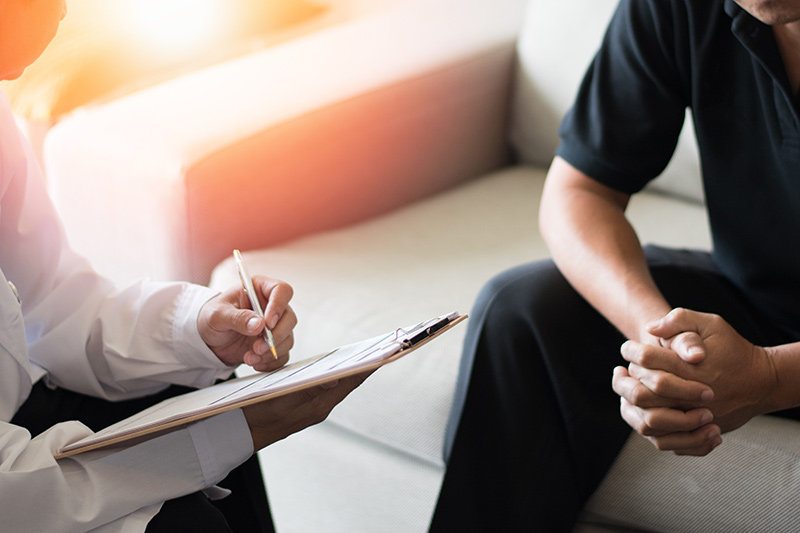
Oral Appliance Therapy: A Better Alternative to CPAP
Our practice offers oral appliance therapy, which addresses nearly all of the most common concerns that patients have about CPAP. This approach eliminates the airway obstructions by fitting the patient with a custom-designed appliance that keeps the jaw or tongue forward while the patient sleeps.
This positioning moves the soft tissues at the back of the throat away from the airway opening so that they can’t block it when the patient is in a prone position and those tissues go slack.
Oral appliance therapy is comfortable and convenient, and patient adherence rates to this treatment modality are significantly higher than those with CPAP. To get more information about this treatment option and whether it might be effective in your case, visit Verma Dental Snoring and Sleep Experts for a consultation.
